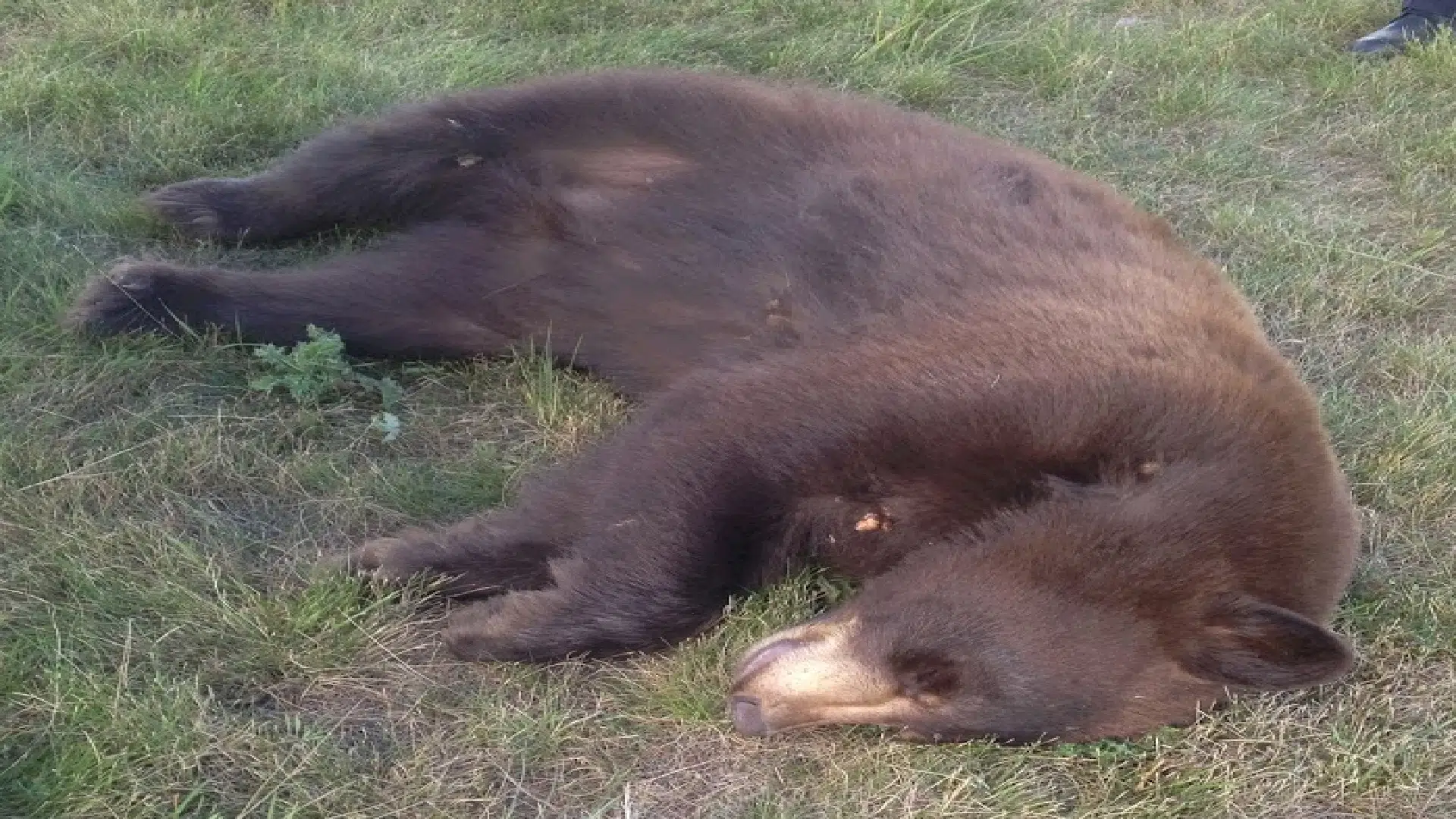
Fish and Wildlife Urge Bear Safety as Bruins Prepare for Hibernation
ALBERTA – Those living anywhere near the mountains, including those in town, need to make a point of keeping their yards as clean as possible this time of year.
John Clarke, District Officer for Fish and Wildlife in Blairmore, responded to one of two incidents in the last two weeks, in which a bear had to be tranquilized and removed from the Town of Cardston.
“The only reason they’re there is for food and this time of year they really need to eat before they hibernate,” explained Clarke. “If they basically go into their dens without any fat they would die, right, because they have nothing. It’s all about survival, so they gotta eat.”
Working in the Crowsnest Pass, Clarke noted that bears venturing close to town isn’t uncommon, saying last year they had 27, half of which had to be moved while the other half they just scared off without any issues.


